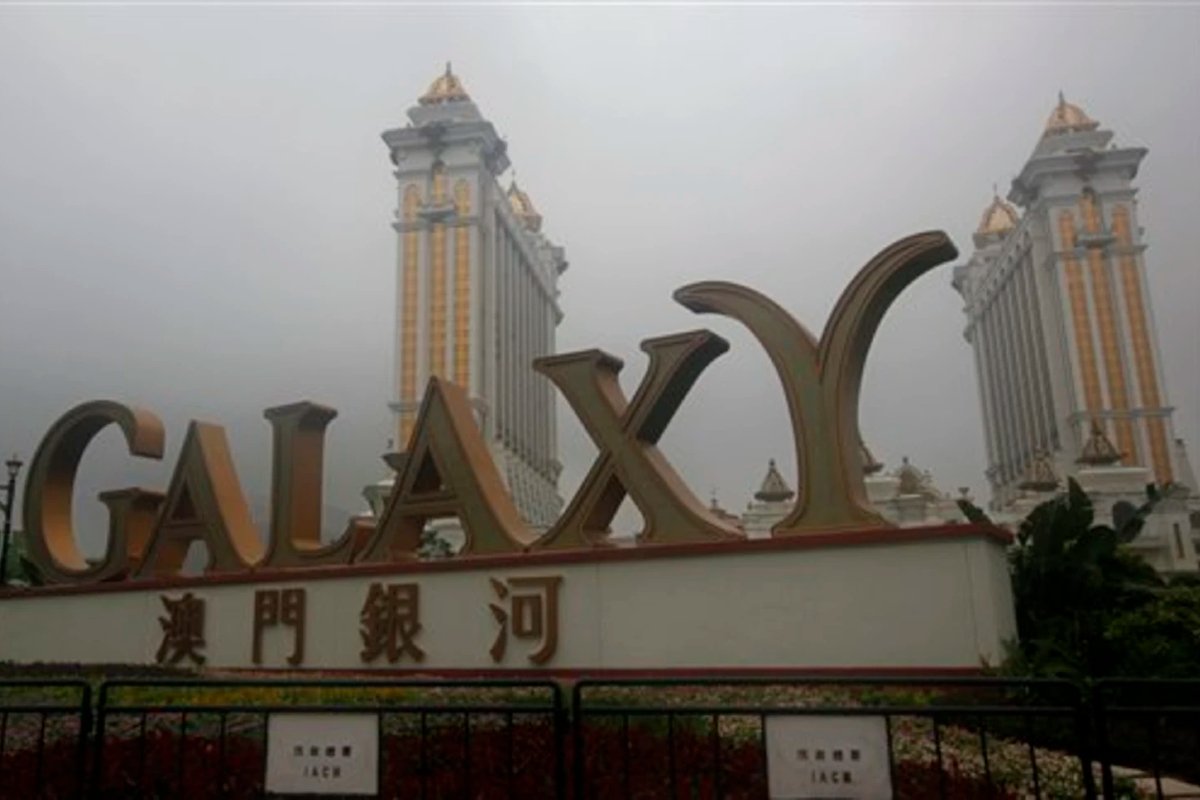Posted on: March 28, 2022, 08:19h.
Last updated on: March 28, 2022, 01:16h.
The six Macau casino operators will each pay the enclave government MOP47 million — or roughly $5.83 million based on today’s exchange rate — to have their gaming concessions extended through December 31, 2022.

For more than two years, COVID-19 has greatly slowed the Macau government’s legislative rulemaking in finalizing its next gaming law. The Special Administrative Region (SAR) announced earlier this month that the six casino licenses would, as a result, be extended from their scheduled June 26 expirations through the year’s end. But that extension, of course, comes at a cost.
Macau officials floated a license extension fee ranging between MOP50 million to MOP80 million. But Sands China, the Chinese operating unit of Las Vegas Sands, reveals through its 2021 Annual Report that Macau opted to come in on the lower end of the estimated range.
The Macau government invited [Sands China] to submit a formal request for an extension along with a commitment to pay the Macau government up to MOP47 million (approximately US$6 million at exchange rates in effect on December 31, 2021),” the company report detailed.
Sands China added that it applied for its extension on March 14.
The licensing extension costs are in line with what MGM China and SJM Resorts each paid in 2019 to have their concessions extended 25 months. That would allow them to expire in conjunction with the four other operators. MGM and SJM each paid Macau approximately $24.7 million for the roughly two-year extensions.
Gaming Law Details
Macau lawmakers continue to finalize the next regulatory conditions in the Gaming Law. The legal framework will replace the SAR’s first 20-year commercial gaming law, which commenced three years after the enclave was handed back to China from Portugal in 1999.
Some changes regarding the next regulatory environment have already emerged. Macau has opted to retain a six-license gaming market but is reducing the concession periods from 20- to 10-year terms.
VIP junket groups, at least as they’ve been known for decades, are also no more. The travel organizers for the mainland’s wealthiest gamblers have faced much recent oversight from law enforcement throughout China and inside Macau.
Suncity Group CEO Alvin Chau and Tak Chun boss Levo Chan have each been arrested and charged with various gambling-related crimes. Macau has since ordered that each licensed casino operator only do business with a single junket group. The enclave has also mandated that casinos and junkets no longer enter into revenue-sharing agreements, and junkets no longer directly loan gaming credit to clients.
Additional details likely to be included in the final version of the next Gaming Law were revealed in the Sands report. The company says it has learned that each casino concessionaire will be required to further invest MOP5 billion (US$620.6 million) into their casinos in exchange for a fresh 10-year tender.
Application Process
While Macau’s six casinos will have their operating privileges extended through the end of the year in exchange for the roughly $6 million, brokerage JPMorgan expects the tendering process to play out in the third quarter.
The financial services outlet believes the relicensing task will take a few months. The application period can only begin once Macau finalizes and approves its next Gaming Law.
